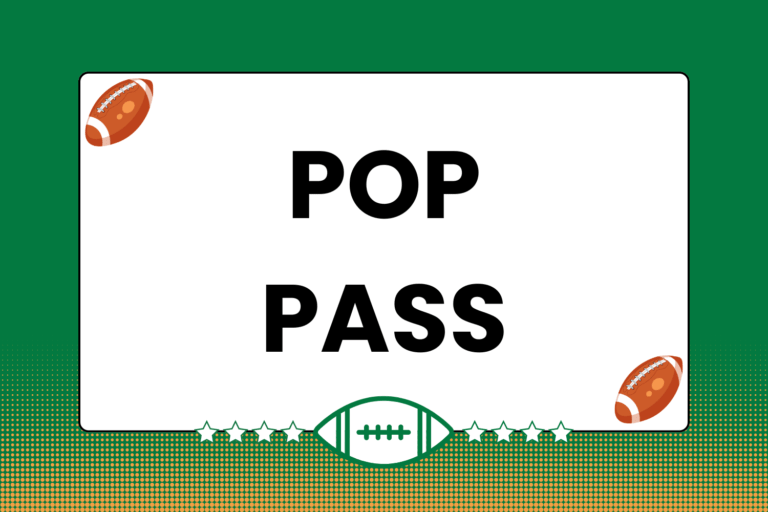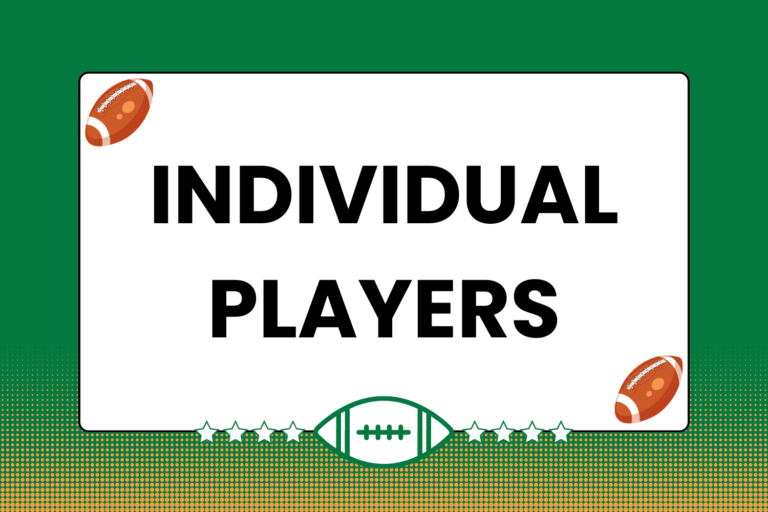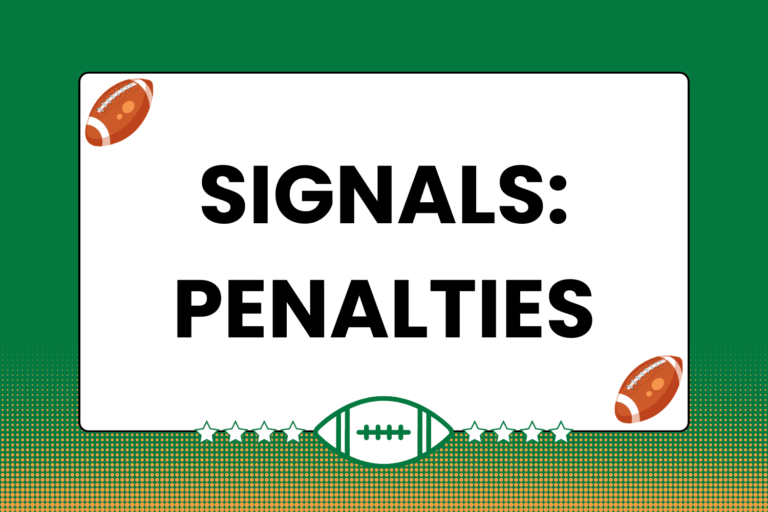In any team sport, a team’s ability to communicate during the course of a game has a direct impact on its success. Or, in simpler terms, teams that don’t talk well have a harder time winning. This maxim is especially applicable to rugby, where the fluid nature of the game could see a team transition from attacking, to defending, then back to attacking in the span of a few seconds. This guide explains how your rugby team can improve with some simple communication habits.
Develop a System of Code Words
As important as it is for teammates to talk with each other, it’s also important to figure out how to relay information without divulging it to the other team. If an opposing player is approaching you, and you tell a nearby teammate to run a switch, that opposing player will know to ignore you and concentrate on the teammate.
Having a set of code words ensures that every player on a team reacts correctly to a specific situation. Here are a few examples of how using a code word can help during certain situations:
Offloading to a forward from a ruck:
In certain situations — after a series of multiple consecutive rucks, or when the attacking team is within a few meters of scoring a try, for example — it makes sense to get the ball to a big forward and let that player quickly crash downfield for a few meters. This type of maneuver is even more likely to succeed if the defense doesn’t see it coming. Calling out a code word that tells the nearest forward to run forward and catch the offload is an easy way to do just that.
Calling for a teammate-assisted maneuver:
Certain maneuvers, such as the loop and switch, require two players to pull off. Either as part of a pre-planned sequence or from an on-the-fly decision, these maneuvers can momentarily catch the defense off guard. However, their effectiveness is neutralized if a defender knows the move’s coming.
Running a lineout play:
Nowhere is a series of code words more vital than in the lineout. There are several different options for the throwing team; a code word tells the players on the throwing team what to anticipate, without divulging where the throw-in will go.
What’s being said is the crucial information, but just as much effort should go into figuring out how best to say it.
Hot Tip: Start Slow
Learning a new skill or knowledge set can be difficult, especially if you try to learn too much at once. When developing a set of code words, start with only a few; focus on two or three situations that occur frequently throughout a game. Once players improve at using the original code words, then introduce a few more.
Train to Talk
Players should get in the habit of using in-game communication habits during training sessions. This is especially true during drills that simulate a situation that regularly occurs during game play. Also, don’t limit it to only focusing on the code words; it can be as simple as getting players used to saying “Ball!” or “Here!” to alert the ball carrier that they’re nearby and ready to receive a pass. This is one of the simplest and easiest communication tendencies to introduce to players, and you’ll immediately notice the positive impact it can have on your team’s ability to move the ball.
Communication is a Must
Like developing any skill, teaching players to communicate effectively takes time and practice. Because it’s not directly related to any physical skill or ability, players may not immediately recognize the importance of learning and improving communicative habits. However, in time it should become evident that instilling good communication habits will help players improve in almost every area of rugby.





